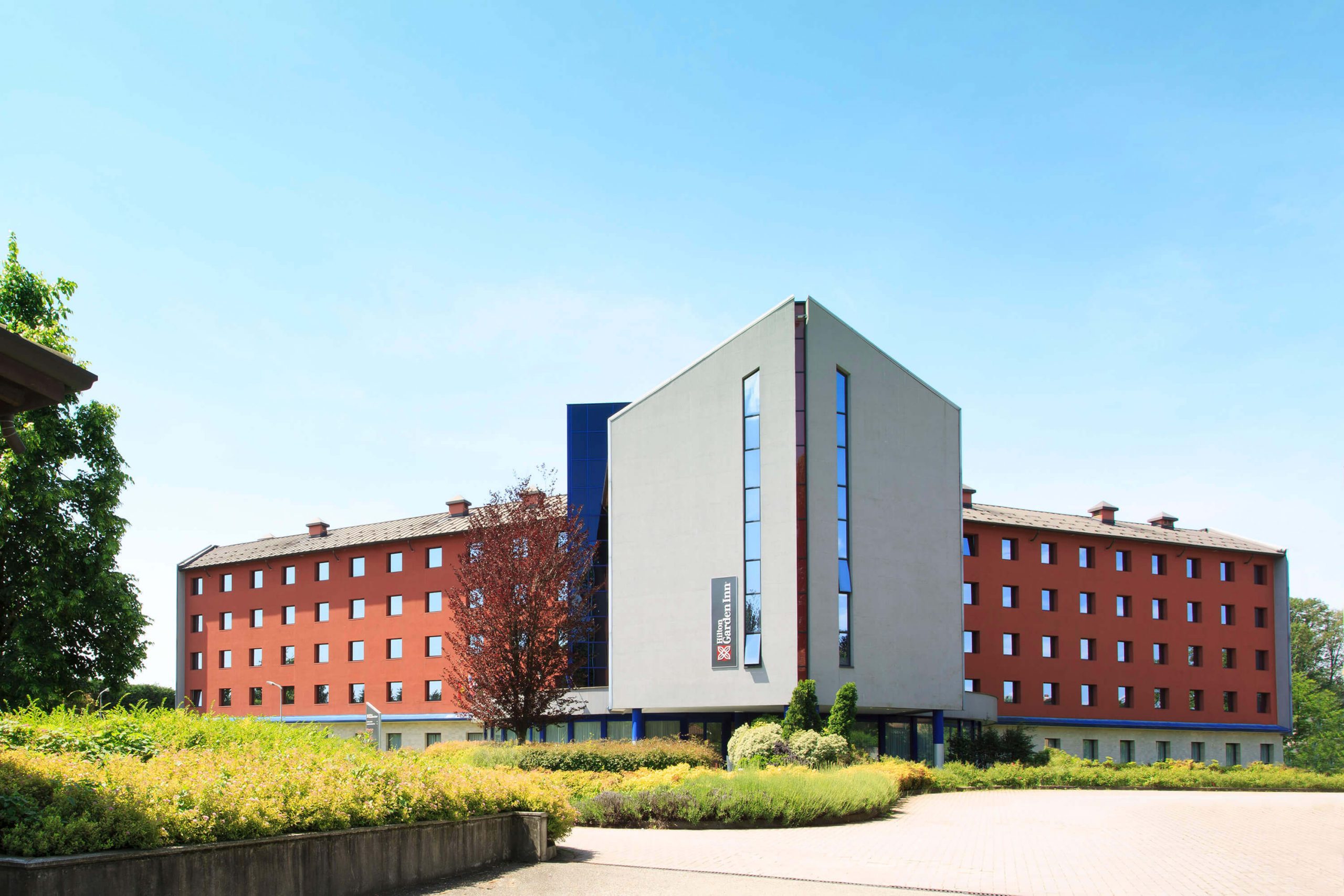On the International Day for the Conservation of the Mangrove Ecosystem, TUI Care Foundation, the German NGO Global Nature Fund (GNF) and the Dominican NGO Center for the Conservation and Eco-Development of the Bay of Samaná and its Surroundings (CEBSE) announce a new initiative, that aims to protect precious mangrove forests in the Manglares del Bajo Yuna National Park.
The project area, the National Park and the city of Sanchez, is located in the province of Samaná, in the north-east of the Dominican Republic. The initiative has already started working together with the park authorities to reduce the negative impacts of illegal logging and other unsustainable economic activities in the park, while working towards restoring 80 ha of degraded mangrove forests. Such restoration would imply an average reduction of approximately 5,000 tons of CO2 emissions per year.
Furthermore, economic opportunities for people in adjacent communities will be fostered by leveraging the park’s ecosystem services. Environmental sensitivity and stewardship for the natural treasures of the Dominican Republic will be stimulated. The project is funded by the German Ministry of Economic Cooperation and Development and the TUI Care Foundation.
Frank Oostdam, Member of the Board of Trustees of TUI care Foundation, said: “Even though the world is at the moment focussed on fighting the pandemic, we must now lay the base for a more sustainable future. Protecting nature and the environment and strengthening local livelihoods remains at the core of TUI Care Foundation´s work – now more than ever. Our new multifaceted initiative will help to protect the pristine mangrove forests in the Dominican Republic, but it will also create opportunities for the local communities and it will empower local youth to become ambassadors for a sustainable future.”
The Mayor of the city of Sanchez, Mr. Inocencio de Jesus Calcaño said: “The city council of Sanchez is willing to support this project because it aims to improve the quality of life of our municipalities and improve our environment, which greatly needs this support”.
Mangroves have the ability to accumulate organic carbon in the water-saturated soil that surrounds them, making them one of the habitats storing the largest amounts of CO2. While crucial for the marine ecosystem and people, mangroves are amongst the most threatened ecosystems worldwide. In the last decades alone, we have lost more than 50% of the world’s mangrove surface cover. In the Dominican Republic, unsustainable activities in national parks are threatening their ecosystem services, which are crucial for the people living in the area and their surroundings. This puts a huge burden on the future of young Dominicans.
Despite the challenges presented by the COVID-19 crisis, the initiative has already started an extensive stakeholder dialogue. Through this dialogue, the project will establish a new management plan and empower the authorities of the Manglares del Bajo Yuna National Park to better protect the park’s pristine nature and ecosystem services. In addition, the facilities for the rangers to better protect the most valuable areas of the park will be improved and also used to showcase the park to tourists. The activities led by the project team and national park rangers to restore 80 hectares of mangrove forests will involve the participation of over 1,500 people from the city of Sanchez, which would in turn inspire stewardship among other communities living adjacent to the park. Satellite imaging will be used to visualize the restoration process and measure the impact throughout the project.
Based on an analysis of pro-biodiversity business opportunities, the initiative will work together with fishers and women associations to develop products from local fisheries and fields that have the potential of being merchandized in the touristic facilities in Samaná Bay, effectively creating added value for locals. In addition, a programme developed with several schools will teach 3,000 children about the natural treasures of the Dominican Republic, including the ecosystem services provided by the park, thus creating a sense of pride amongst the larger part of young people in Sanchez.
Dr. Thomas Schaefer, Head of Conservation in GNF, adds: “It’s a pleasure for us to put our experience in international wetland conservation and community development from the Living Lakes Network and the most recent approaches in valuing natural capital on the table with the extensive knowledge exiting on site. Mangroves are among the most important coastal wetlands and crucial for the preservation of our biodiversity above and under water.”
The emphasis on economic activities and capacity building is crucial for the project’s long-term success. As tourism is one of the most important sources of income for Dominicans, highlighting the value of the island’s natural capital through its protected areas is an important approach to both protecting these areas and supporting the development of rural communities. Some of the economic opportunities for diversification, which can be enjoyed by visitors and locals alike, include offering kayaking, bird watching and guided tours and merchandising locally sourced products such as honey, marmalade and fish-based products. A strong link with the vibrant tourism sector on the island will be important to ensure the solid development of these businesses and for local communities to benefit. Further emphasis is given to capacity building of the organisations involved to equip them with knowledge and tools to increase their resilience within the local context.
Patricia Lamelas, executive director of CEBSE said: “This project brings unique opportunities to the region. With the innovative approach, we can merge the most important issues we face in the area, built on previous activities and upscale established approaches. The TUI Care Foundation plays an important role to bridge the conservation activities with the necessities in touristic businesses. Many families in Sanchez will benefit from the project activities and will be able to improve their livelihood”.



